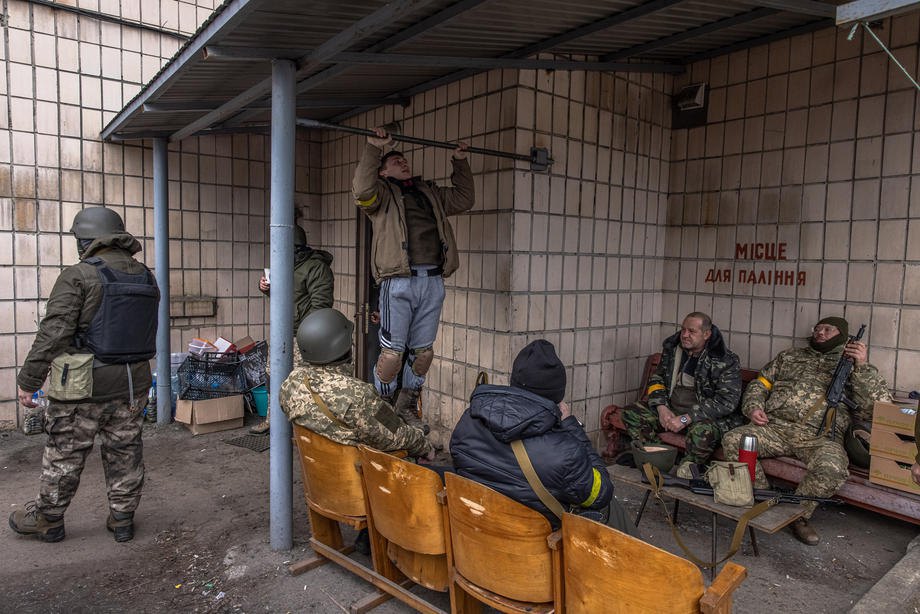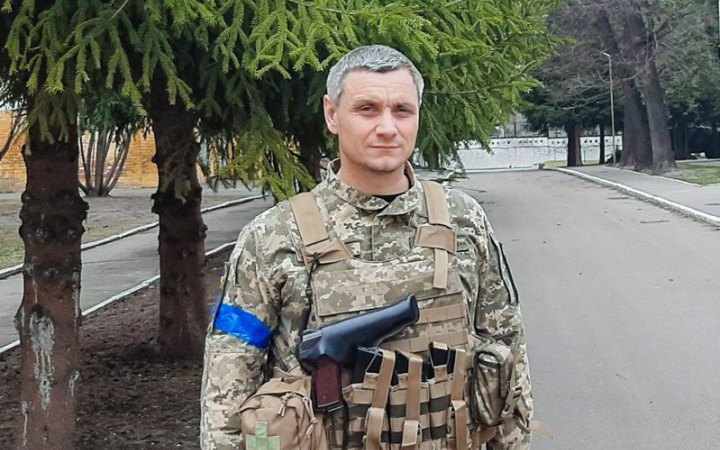The second wave of mobilization is now ongoing. Which categories of bound for military service do Armed Forces engage?
There are practically no mobilization ques. If I used the term "queue" before, I didn't refer to a particular stage but the "immediate" mobilization.
First of all, the mobilization started among citizens in the category of first-line operational reserve and those who had signed contracts to serve in the military reserve. The mobilization of citizens of the operational reserve of the second-line (who did not serve before or have served a long time ago) is now underway.
Which categories are now involved? All of them. Territorial centers are receiving tasks on Military Occupational Specialties and their quantities. It is impossible to distinguish any particular type. There is a need for almost all of them.
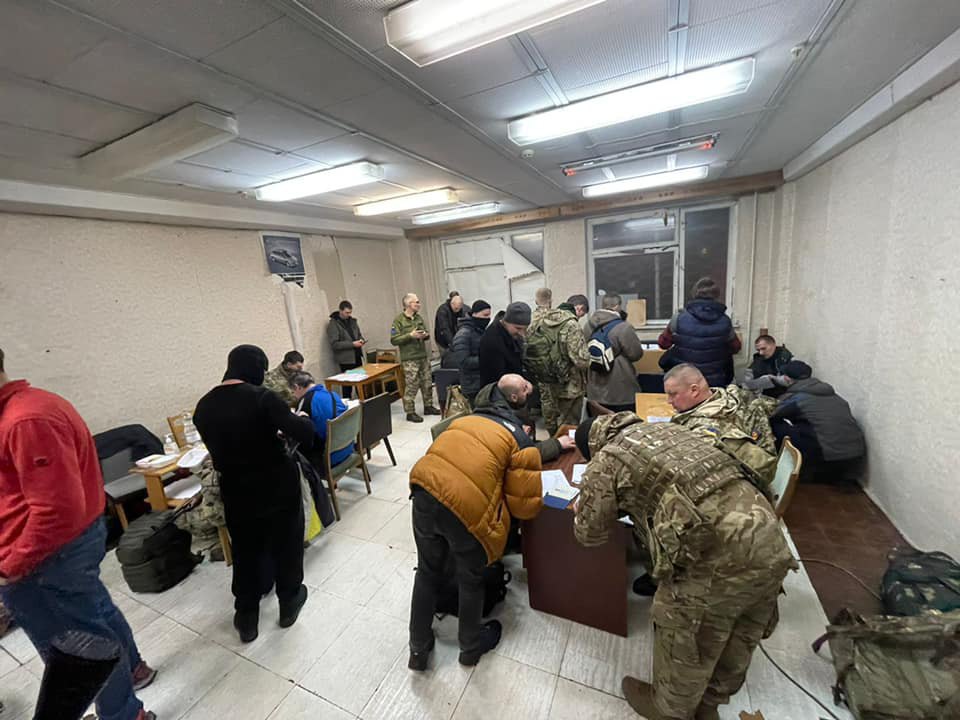
At the first stage of mobilization, the number of volunteers who wanted to join the Armed Forces was huge. Those bound for military service and volunteers qued at the territorial centers. How is the situation right now?
Since total mobilization was not planned, there were large queues during the first stage. Moreover, there were many volunteers who, together with conscripts, wanted to get enlisted. Territorial Recruitment Centers managed to mobilize them for military service. Now, a large percentage of recruited are in the military units. The recruitment process still is ongoing. Most of those who volunteered to join the Armed Forces are already defending our country. Now we are mainly working with people that are conscripted. They are motivated as well and do not try to avoid military service. There are, of course, exceptions, but usually, people who receive summonses go to defend the country.
I am not sure if it is appropriate in our situation to ask about the percentage of those who evade service?
I have no statistics on that, but we are implementing mobilization plans. If there are such cases, they are rare.
In your view, how well did the Territorial Recruitment Centers cope with the mobilization in the first war month?
As I have said earlier, the mobilization was total and unplanned. In a short time, we had to mobilize a large number of citizens. As you have already said, there were many volunteers. The territorial Centers were overwhelmed, so it could have seemed that there was chaos. In my view, the Territorial Center coped well under such conditions. There might have been some shortcomings, but we swiftly corrected them as we worked.
So now we can say that the process has gotten on the rails and is going as planned.
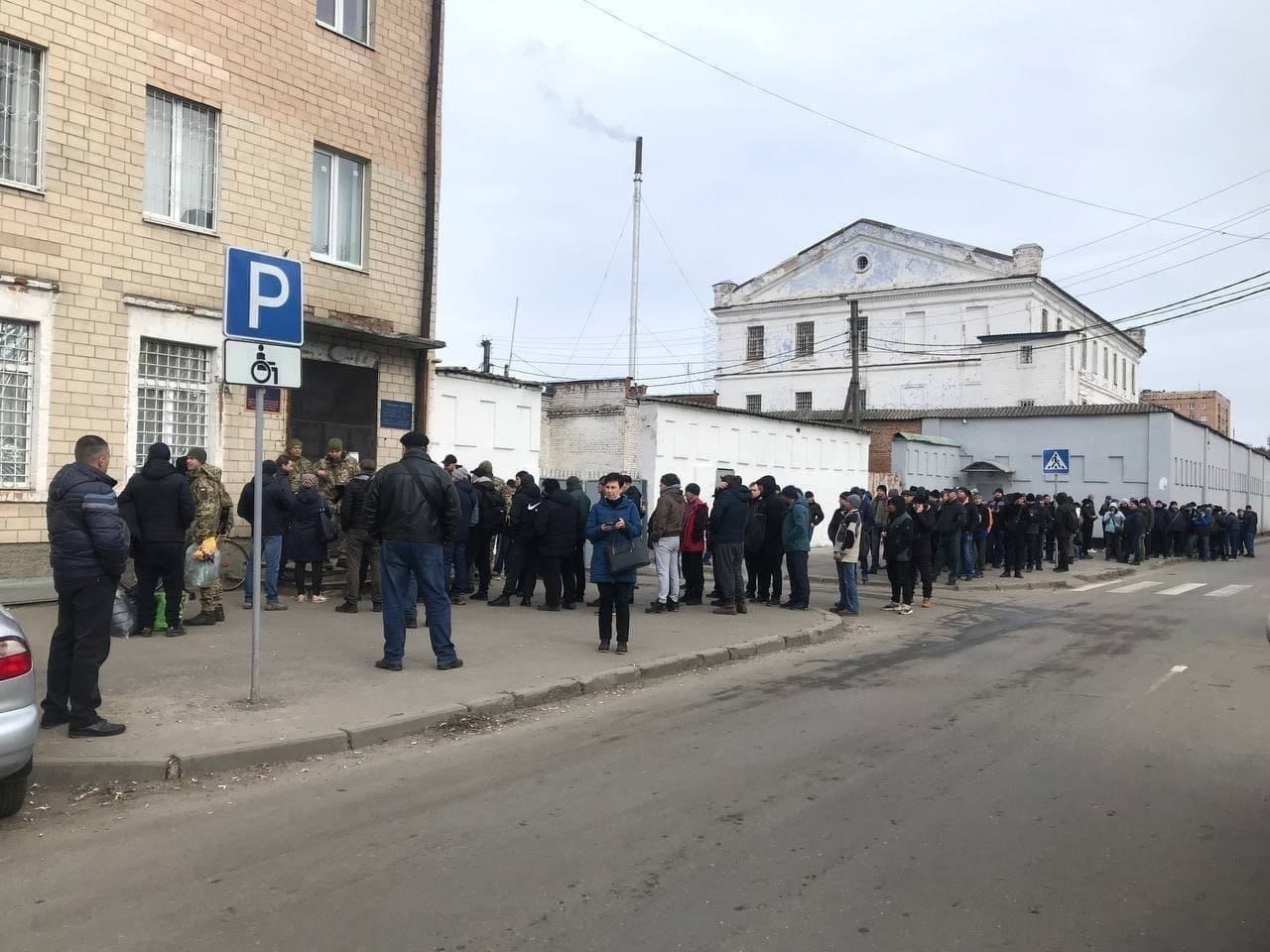
While preparing for this interview, we received information from many people with combat experience who did not get enlisted in the first or second stage of mobilization. However, they volunteered. What is the reason?
Yes, there were, and as you say, there are such complaints. It would help if you looked at each case separately. People with combat experience want to fight, but they are unfit for duty for specific reasons. They do not report it, for example, because of some medical condition or other reasons that disqualify them from mobilization. There may be cases when their mobilization was postponed.
When there are people with combat experience, who are willing to defend their country and are fit for military service, they should go to the Territorial Centers of Recruitment at their residence. The situation now is much quieter, and there are almost no queues. If they have a desire, we mobilize.
Are there any differences in the pace, quality of mobilization, the number of people willing to get enlisted in different regions of Ukraine?
All regions are successfully implementing mobilization plans on equal terms.
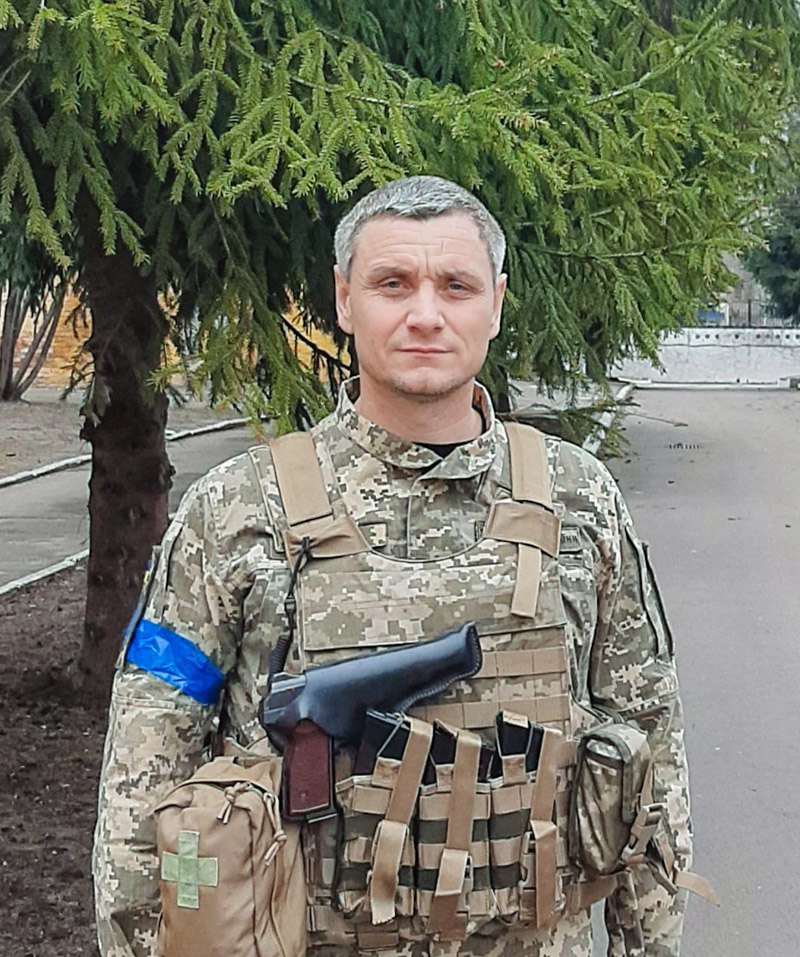
How serious is the mobilization problem of many internally displaced people whose personal files remained at their places of residence but they have registered and been mobilized in other regions?
Thanks to modern means of communication, including transmitting information with limited access, this is not a big problem. If one possesses specific personal data, one can get personal information on any conscript, even from another region. Of course, this takes a little more time, but there were no significant problems.
When internally displaced people get enlisted, the information is simply recorded from their words. Of course, it is first recorded from their words, but this information is further checked. And in any case, in a while, the necessary documents from one Territorial center will be sent to another in the prescribed manner. And all credentials recorded from the words will be confirmed or not.
There is considerable evidence that the Territorial Centers in Western Ukraine first mobilize men that are internally displaced but not locals. Do you know something about these facts? Are these exclusive cases or the tendency?
Many people who lived in the active fighting areas have moved to the western regions. The conscripts were supposed to arrive at the Territorial Center and get enlisted. Afterward, they may get mobilized on an equal footing with everyone else. Obviously, people were leaving war zones and taking their families to safety, but it doesn't mean that they shouldn't protect the country like everyone else.
We have already been asked similar questions, and Territorial Centers of Recruitment in the western regions have collected the statistics, proving that the percentage of mobilization among the local population is considerably higher than among those who have been displaced.
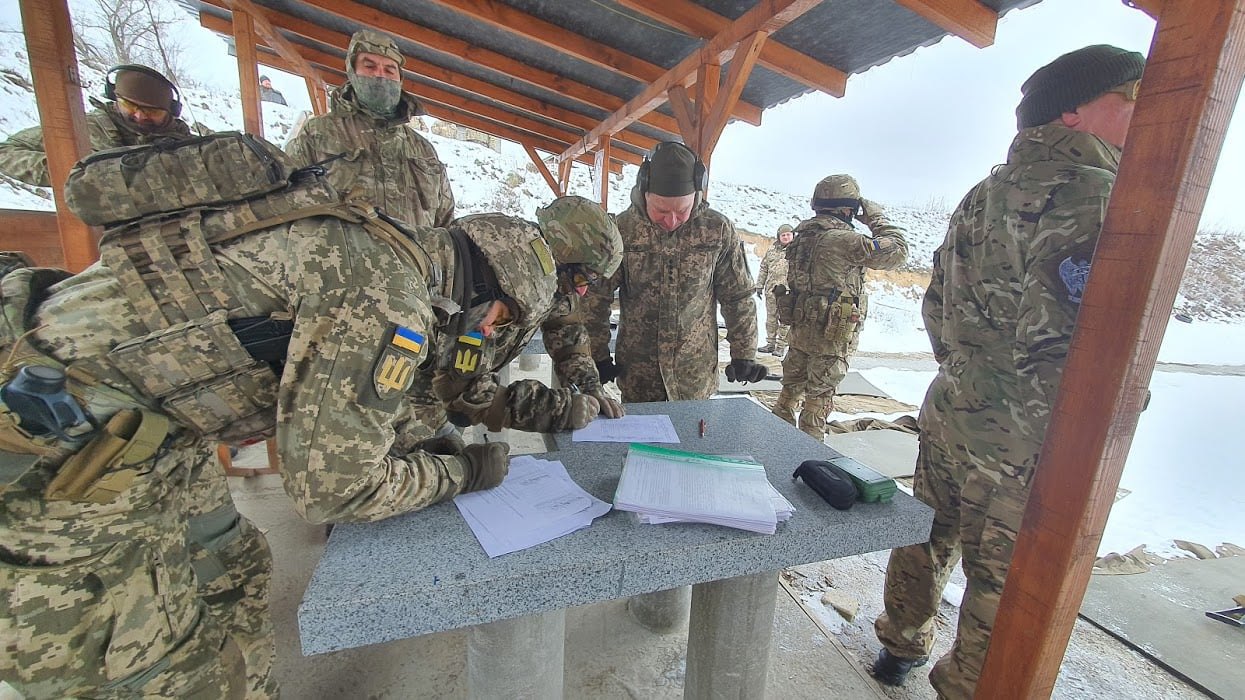
At the briefing on March 15, you said that some specialties are in short supply, such as medical, communications, computer engineering, electronics. Again, there is ample evidence that IT specialists are being sent to the infantry, although computer engineering is among the priorities. Why not use the skills of IT specialists more productively?
I have not received such facts, and this is the first time I have heard about them. Why is this specialty (computer engineering - LB.ua) in short supply? Because there are few people on the military register with such a military occupational specialty. Although in civil life, there are many of them. Why is this happening? When people are registered at a young age, they do not yet have the appropriate profession, so they register as ordinary marksmen.
Later, when they get an education and gain relevant experience, they do not transfer these changes to the military registration data of the Territorial Center, so they remain in the military registration data as marksmen until the call-up. Of course, during mobilization, they are considered for that positions.
Unfortunately, in peaceful times most people did not provide us with any information about changes in their credentials, as the law requires. Therefore, I assume that such cases are possible.
It is possible to ask people about their profession when they are mobilized to use their potential more effectively for the country's sake.
Of course, it is possible. But the fact that he is an IT specialist doesn't mean that it is forbidden to assign him other positions.
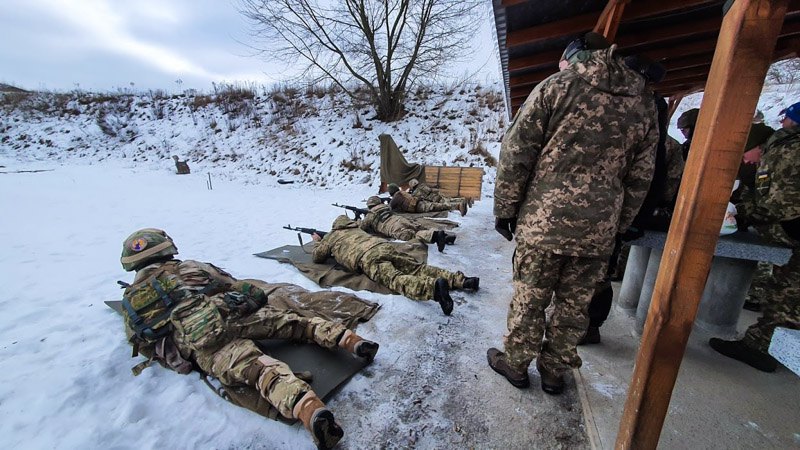
Not forbidden, but very ineffective.
There are enough IT specialists in the Armed Forces, and as of today, there is no urgent need for such specialists. If it arises, it is not a problem to transfer a serviceman from one unit to another.
It is said that it is pretty challenging to transfer from one unit to another.
This statement comes from militaries. Sure, if someone doesn't like something, and their comrades say they are better off, it becomes difficult to explain the unwillingness to serve in one unit and the desire to serve in another. While for the commander, in the case of professional necessity, it is not a problem at all.
But, for example, people that have experience in artillery service are mobilized to serve in the infantry. And it isn't easy to transfer to the unit, where the artillerist could bring more benefits. What to do in such situations?
Indeed, these situations are real. There are not many of them, but they are real. Now I am working to streamline the service of artillerists and some other highly qualified specialties. Their transfer to the relevant units is underway right now, and there are no difficulties in this.
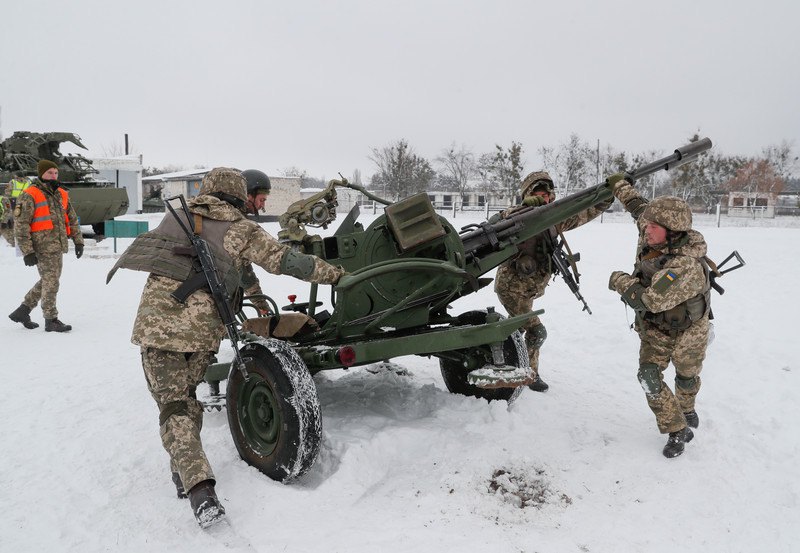
Many injured servicemen have been on the front line and are now being gradually discharged from hospitals. They end up in hospitals in western Ukraine, but after they are discharged, the Territorial center has to redirect them somewhere. But their military units and their homes are already in the combat areas. The military commissars have a question - what to do with these people?
For some, it is a fundamental question of where to return as the military units move. The accounting of such servicemen is under full control. They return to the specially assigned units, and after complete recovery, they are reassigned to the units in which they served if it is possible to get to the place of their deployment. If not - they are sent to other units following the acquired profession. There is no confusion with this.
